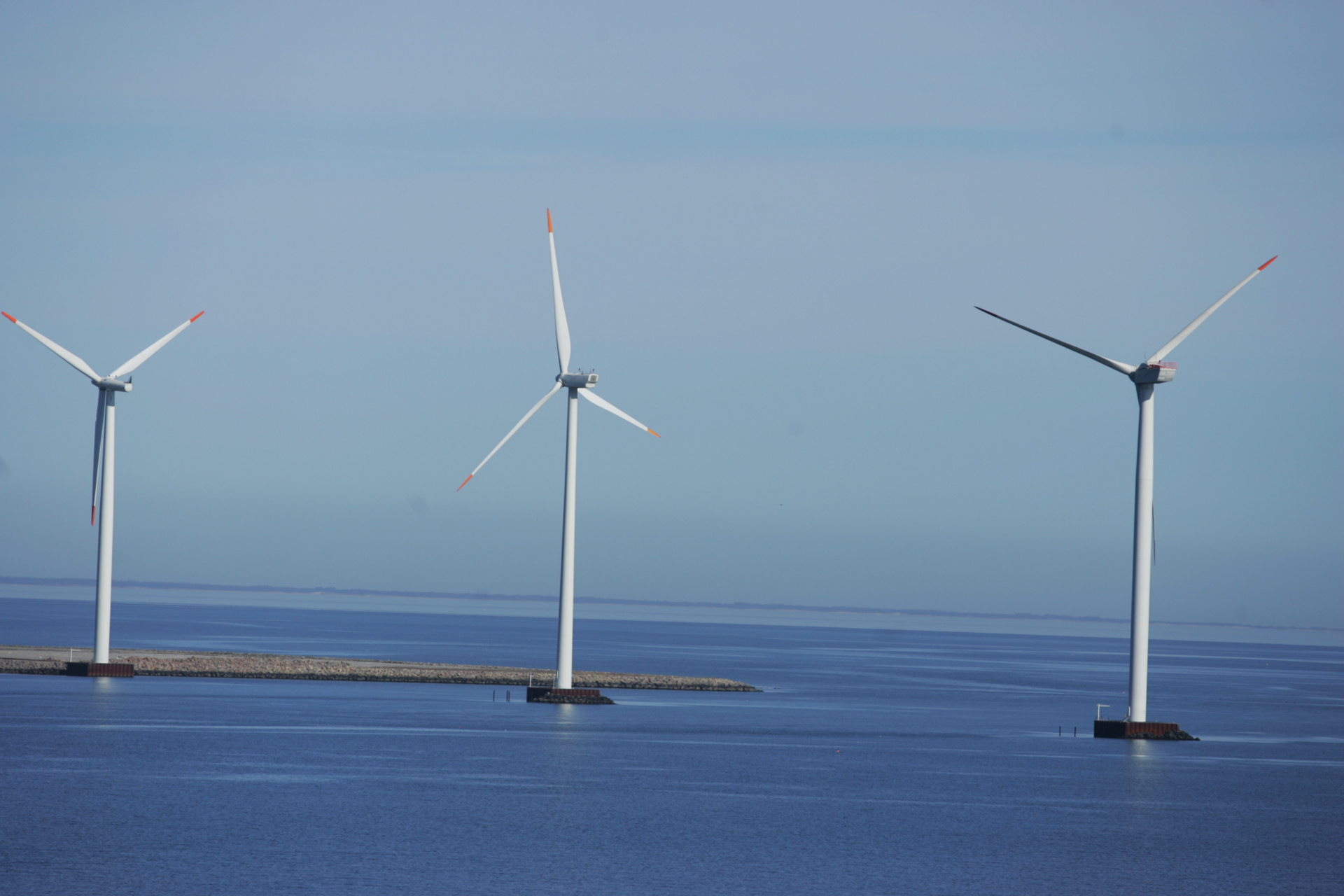EnergyWise
The energy transition will require a massive expansion of renewable energy production in Norway. At the same time, the nature crisis needs to be considered on par with the climate crisis. Further, attempts at energy expansion have stalled due to conflict and distributional impacts, demonstrating that economic efficiency cannot be separated from acceptability and equity of policies and outcomes. Hence, a more holistic approach is required to achieve a better balance between climate, nature and wider societal interests.
We propose an interdisciplinary project that aims to synthesise and assess the most important impacts on society and economy, climate and nature from renewable energy expansion and integrate these either as monetised welfare effects (costs and benefits) or as sustainability constraints in an integrated national energy system model framework. This framework will be used to analyse trade-offs and distributional effects of expansion scenarios and recommend efficient and acceptable policies that can achieve a better balance between interests. Hence, the proposed project addresses the main topic and challenges of the call and portfolio plan: “The need for comprehensive understanding and knowledge of the issues and trade-offs we face “..” when “Development of new energy production and infrastructure puts pressure on land and biodiversity, while efficient resource management is more important than ever.” Further, we address the two priority areas of the call in an interdisciplinary way, “generating knowledge of power markets, regulations….and distributional effects” and taking head on “controversial topics involving conflicting societal interests”.
Partners and external resources
Researchers from Statistics Norway, Institute for Energy Technology, Norwegian Institute for Nature Research, and Menon will implement the project in cooperation with collaborators from government, e.g. Environment Agency, the Energy Regulator, Statkraft, private and NGO sectors, and a scientific advisory board.
